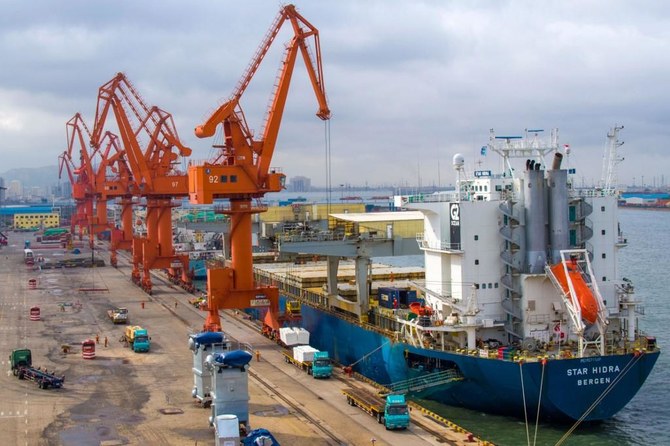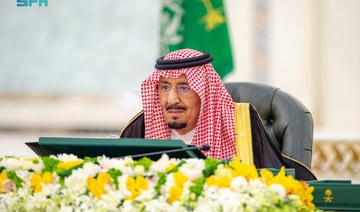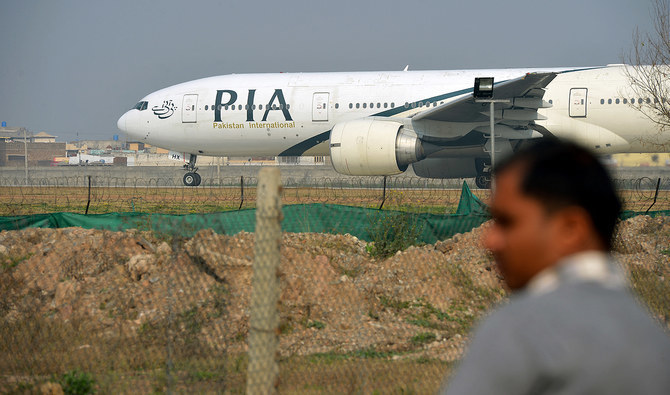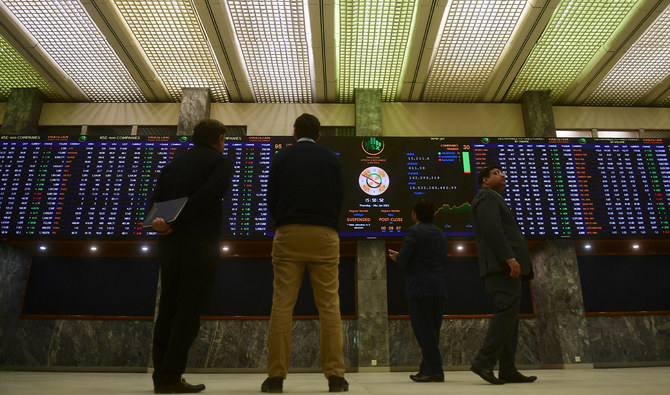BEIJING: The International Monetary Fund (IMF) on Wednesday cut its 2019 economic growth forecast for China to 6.2 percent on heightened uncertainty around trade frictions, saying that more monetary policy easing would be warranted if the Sino-US trade war escalates.
The downgrade came just two months after the IMF raised its China growth forecast to 6.3 percent from 6.2 percent, partly on then-brightening prospects for a trade deal with the United States.
A sudden escalation in the Sino-US trade tensions last month underlined the risks for the world’s second-biggest economy from higher US tariffs on billions of dollars of Chinese goods.
Washington has levied higher tariffs on a total of $250 billion of Chinese imports since mid-2018, accusing China of forced technology transfers and intellectual property theft. China, which denies the accusations, has retaliated with tariffs on about $110 billion of US goods.
“Growth is expected to moderate to 6.2 percent and 6.0 percent in 2019 and 2020, respectively,” said the IMF’s Deputy Managing Director David Lipton in a statement. “The near-term outlook remains particularly uncertain given the potential for further escalation of trade tensions.”
US President Donald Trump has threatened to slap tariffs of up to 25 percent on an additional list of Chinese imports worth about $300 billion.
The trade war has already upended global supply chains and hurt world growth. Economists say the tariffs will curb growth in the United States and China, and financial markets fret a protracted dispute could tip the world economy into a recession.
China’s central bank has cut the amount of cash that commercial lenders need to set aside as reserves six times since the start of 2018 to spur lending and prop-up its slowing economy. Beijing is also rolling out tax cuts to support businesses, especially manufacturers hurt by the intensifying trade war.
“The policy stimulus announced so far is sufficient to stabilize growth in 2019/20 despite the recent US tariff hike,” Lipton said, following recent meetings with officials in China.
“No additional policy easing is needed, provided there are no further increases in tariffs or a significant slowdown in growth.”





















